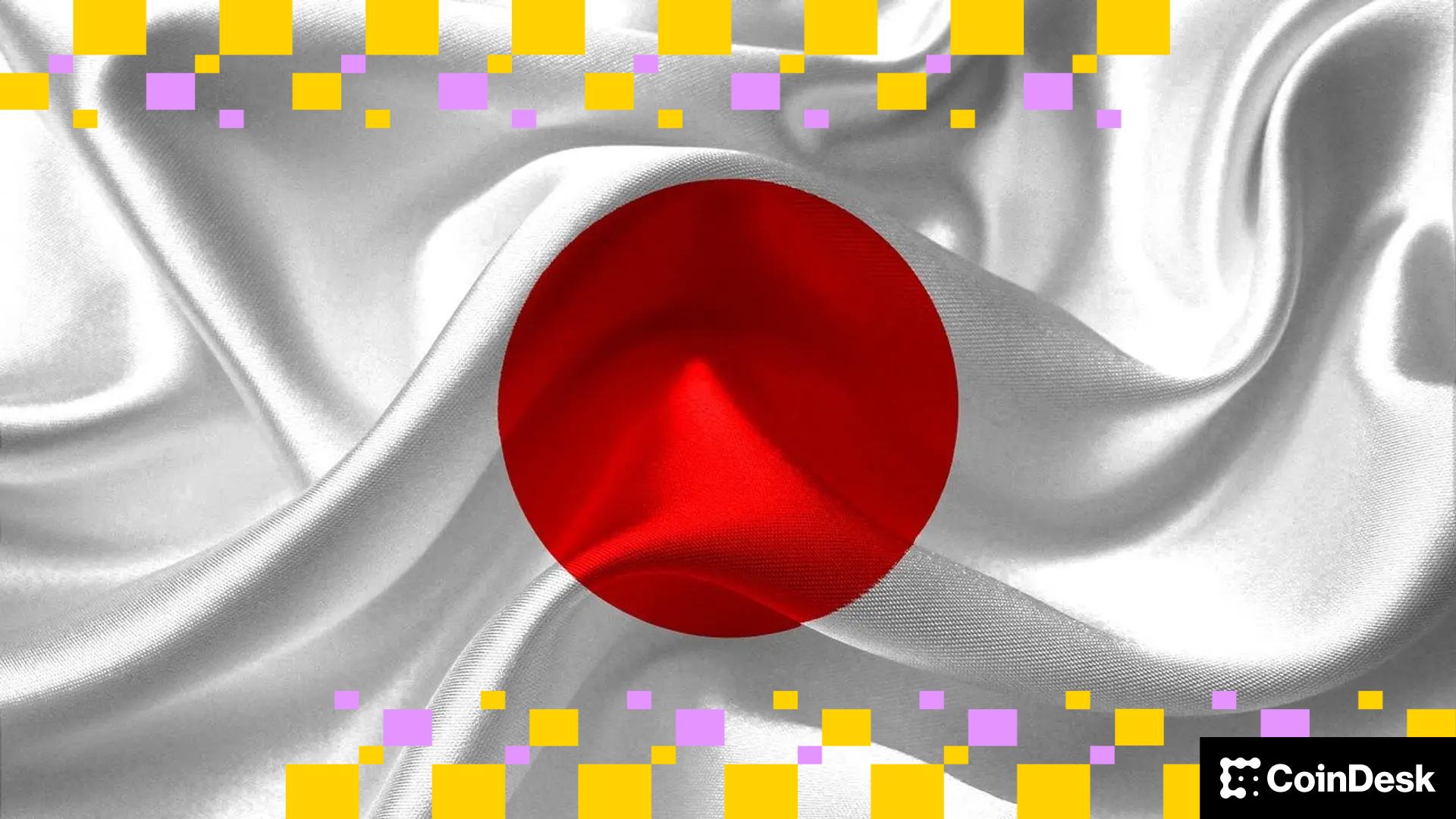
Japan’s Financial Services Agency (FSA) is contemplating a reform that would permit banks to acquire and hold digital assets, including bitcoin, for investment activities, as reported by Japanese newspaper Yomiuri.
This initiative aims to permit banks to trade cryptocurrencies similarly to stocks and government bonds, while introducing regulations to ensure financial stability.
The FSA is also reviewing the possibility of designating banking groups as “cryptocurrency exchange operators,” thereby enabling them to provide trading and exchange services to simplify the investment process by involving reputable banking entities.
A forthcoming meeting of the Financial Services Council, an advisory group to the Prime Minister, is scheduled to discuss this new reform.
This plan aligns with the increasing global adoption of digital assets, including in the U.S., and represents a departure from the 2020 guideline that forbade local banks from investing in cryptocurrencies.
Japan’s rising acceptance of cryptocurrencies comes at a pivotal moment as the country faces a staggering debt-to-GDP ratio of 240%.
This unsustainable debt level is likely to lead to financial repression measures, such as low interest rates, high inflation, and tighter regulations, to cope with the debt burden. In this scenario, cryptocurrencies may emerge as appealing alternatives for investors seeking options outside traditional financial systems.
